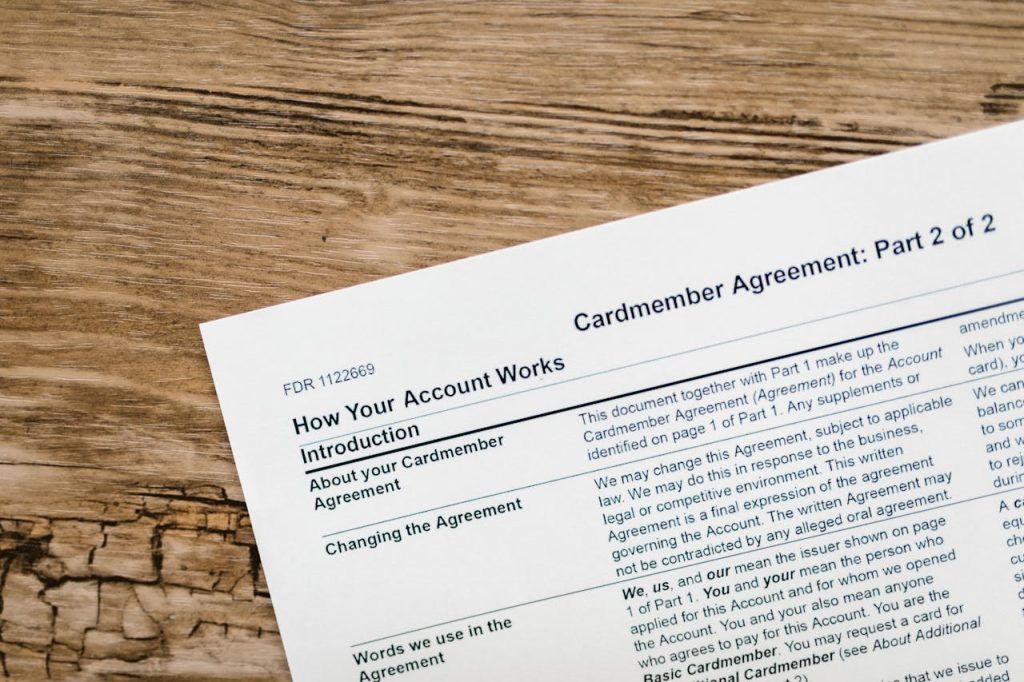For most people, opening a new bank account should be a relatively straightforward process, in the UK it’s no different. Just make sure that you know that the locals call it a current However, if you haven’t been through the process before or you need a refresher, here are the steps you need to follow to open a bank account.
-
- Choose a bank. Each bank has a range of account options to choose from. Each will have a different set of features and bonuses. You should choose one based on which suits your current financial situation best. You may also want to look into factors such as the customer service reputation of a particular bank and how conveniently its branches are located. Another thing to think about is if they offer competitive savings rates if ever you needed the cash for a rainy day.
-
- Choose an account type. Do you want a current account, a savings account or a joint bank account?
-
- Fill in an application form. Many banks allow you to open a current account online, and the process starts by filling in your basic details on an application form. You can also apply by phone or in a branch of the bank.
-
- Provide some identification. Unless you are a customer of the bank you are applying to, you may need to provide two forms of identification in order to open your account. Valid ID types include passports and driving licences, as well as household bills (to provide proof of address).
-
- Put some money in your new account. Many banks require you to make an initial deposit in order to officially open your account. In some cases, however, the initial deposit can be as little as £1.
Opening a basic bank account is as simple as that. You should now be able to set up standing orders and arrange for your wages to be paid into your new account.
Student Bank Accounts in the UK
Getting in to university is an important milestone in a person’s life, but when it comes to the finances needed to support this further education, you need to be careful that what you sign up for does not then become a burden that creates financial problems after you have graduated.
Taking on debt
There has been a sharp increase in the number of students starting university over the last decade and by the time they graduate, the average student will have accumulated an incredible £23,000 of debt. It is therefore vitally important that students do everything possible to stay in control of their cash and that starts with selecting the right student bank account for their circumstances
Incentives
An established trend amongst bank account providers is to throw in some tempting free gifts or incentives in an attempt to get the student to sign up for their account. Free music downloads, concert tickets, even breakdown insurance or free travel insurance are amongst some of the different incentives that are offered, but the most important aspect of the account is not the gift – it is the flexibility of the overdraft facility.
Borrowed money
An account that comes with a facility that allows you spend up to as much as £3,000 more than you have in your credit balance is what many students are offered to varying degrees. We all know this to be an overdraft, which is of course, whichever way you dress it up, borrowed money. The existing credit rating that a student has earned by maybe already having a credit card or store card, will affect the amount they are offered by the bank, so many have to try and negotiate the amount they need rather than being offered a maximum overdraft facility as a matter of course.
Check out the terms
It is a critical part of the process when choosing a student bank account to know what the terms of repayment are after you have graduated so that a nasty shock and an unexpected demand for a large amount of cash does not come as shock. Many banks try to get students to reduce their level of indebtedness in tiered stages after graduation, so they will reduce the overdraft from say £2,000 to £1,000 over a period of between 12-12 months.
Switching to a standard bank account
The bank that a student has chosen to help finance their student life is normally keen to try and keep them on as a customer after they have graduated, providing they have displayed responsibility and kept within the terms of the existing arrangement. Having a good profile will help the student to re-negotiate a deal to pay off their overdraft over a reasonable period of time and switch to a normal bank account as well, or maybe carry the overdraft facility over into a mainstream bank account once their student terms have expired.
Charges
Every bank will impose charges for their overdraft facility and not only does a student need to be fully aware of the rate of interest they are being charged, but they also need to be fully aware of any penalty charges that are imposed for exceeding their agreed limit. Extra charges for going beyond your overdraft amount vary dramatically between banks and every student needs to be fully aware of what they might be paying, as incurring these charges on a regular basis can increase their total indebtedness by a substantial margin.
The general advice is not to be blinded or lured by the freebies or incentives, but to check out the charges and terms of repayment, so that it does not hinder their future financial prospects.








